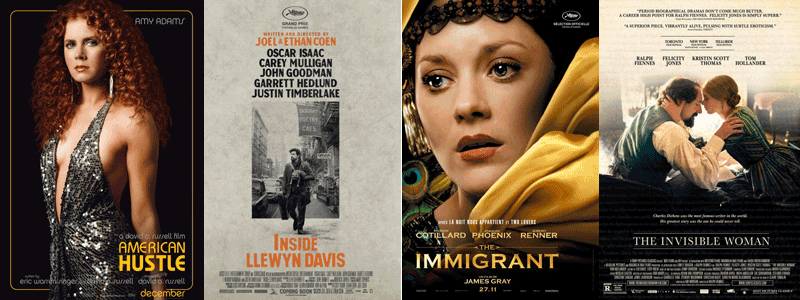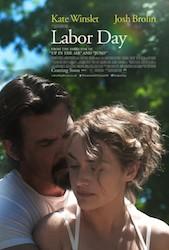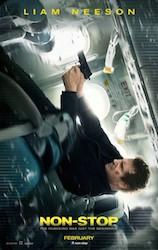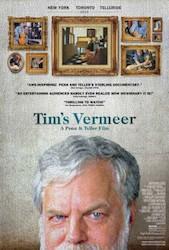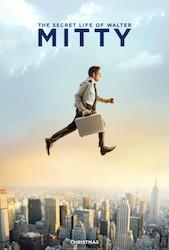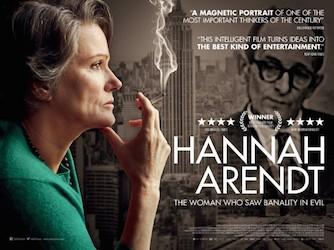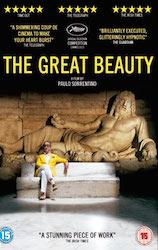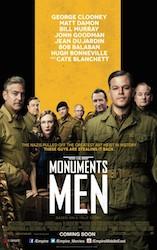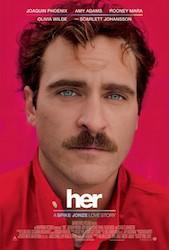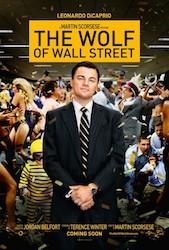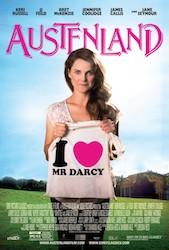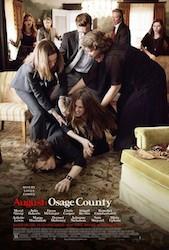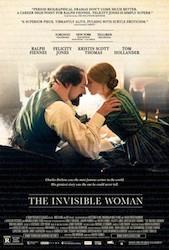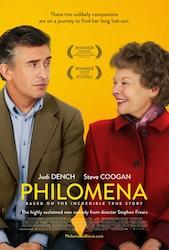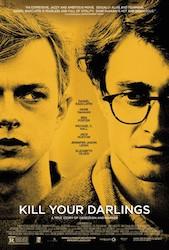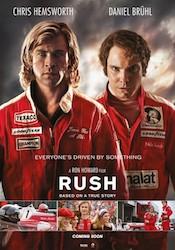“The Wolf of Wall Street”-“The Wolf of Wall Street,” directed by Martin Scorsese and starring Leonardo DiCaprio is well done technically as films go, except for its length (more later on that). The cast does a fine job, the cinematography is first rate, and the script (apart from the legion of curse words and graphic sexual descriptions) is acceptable for its painfully obvious tongue-in-cheek approach. But ultimately, the film is an extreme portrayal of a real life decadent crook, Jordan Belfort (DiCaprio), based on his book of the same name. The story is simple, even for a three-hour movie. In 1987, Belfort begins work for a Wall Street firm that soon goes bust, but in the meantime he is taught by a master, his first boss (Matthew McConaughey), that the sole purpose of a stockbroker should be to make oneself rich at the expense of one’s customers. Belfort, having learned well, soon finds himself a master in the penny stock business, smooth-talking customers out of their money as his wealth grows. But even that is not the only theme of this film as it does nothing to hide Belfort’s drug obsession/addiction (cocaine, crack, and Quaaludes). Nor is it any secret that sex plays a very significant role in Jordan’s life and rise in the business world. The film is replete with raucous scenes of Jordan and his cohorts, including his partner Donnie Azoff (Jonah Hill), sniffing cocaine, stuffing themselves with Quaaludes, and engaging in extreme sexual behavior. Hardly a female seems to get by in this film without removing her clothes, and even a few males can’t escape the nudity. Jordan cheats on his first wife (Cristin Milioti) and loses her, then marries Naomi, a blonde bombshell (Margot Robbie), only to eventually have her turn against him as well. He engages in a variety of fraudulent and other criminal business activities, including money-laundering and is soon under investigation by the FBI. The biggest problem with this film, apart from glamorizing a creep and his wholly antisocial behavior, is that it almost seemed to go on for an eternity. I had the feeling that I had experienced Jordan Belfort’s entire life. One would think a master director like Martin Scorsese could have been able to cut at least a half hour out of this three hour film. It’s worth nothing that the cast includes fine performances by Kyle Chandler as the FBI agent investigating Belfort; Cristin Mililoti (“How I Met Your Mother”) as Belfort’s first wife Teresa; Rob Reiner as Belfort’s father and company aide; Jean Dujardin (“The Artist”) as a corrupt Swiss banker; and the wonderful Joanna Lumley (“Absolutely Fabulous”) as Naomi’s very understanding British Aunt Emma. The scene between Belfort and Aunt Emma on a park bench in England is priceless. This film was nominated for an Oscar for Best Picture. I can see why, although I warn the reader that it’s an overlong and very graphic view, despite the attempts at humor, of some rather unpleasant people and their abhorrent behavior. B (5/18/14) | |

